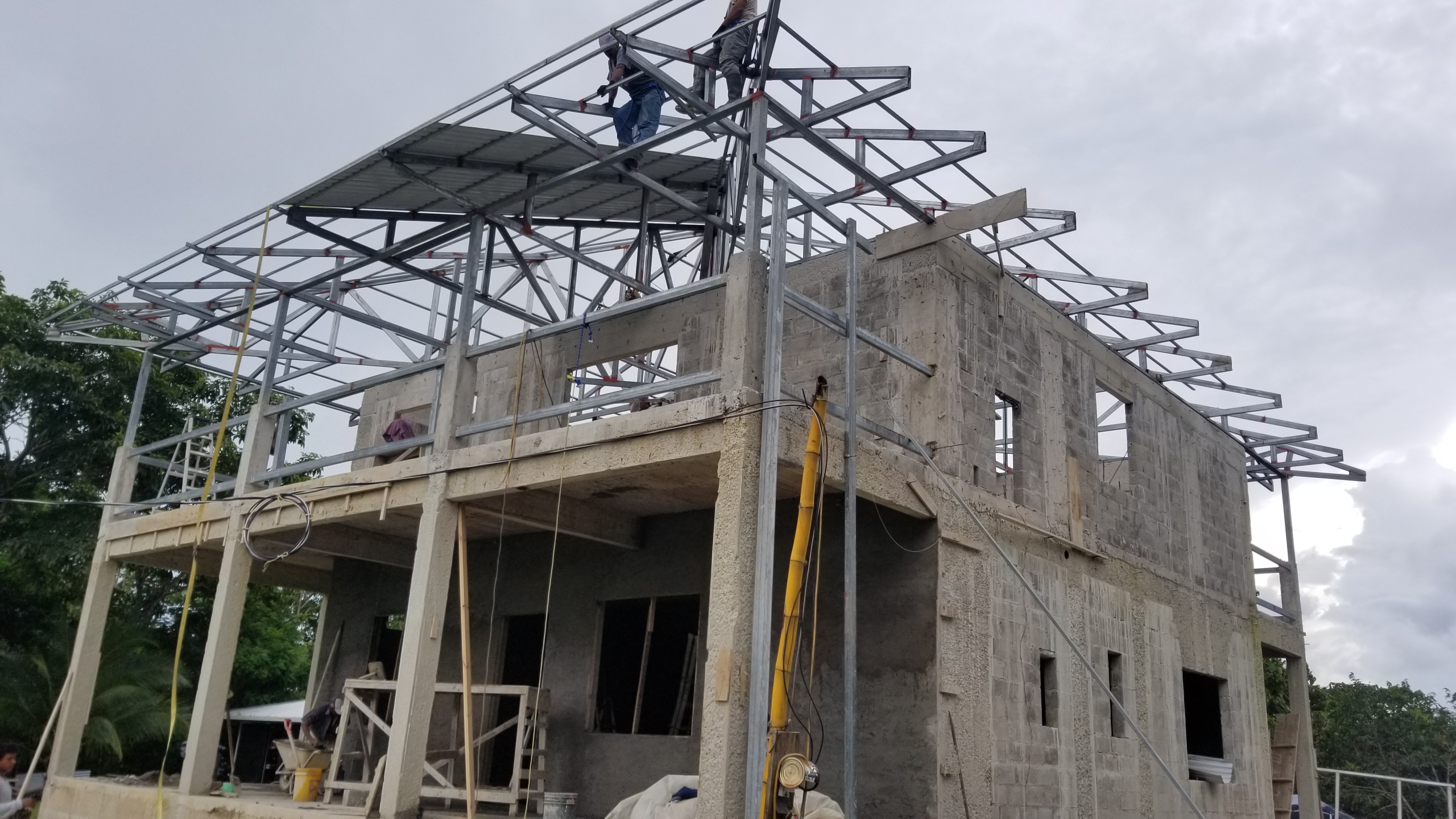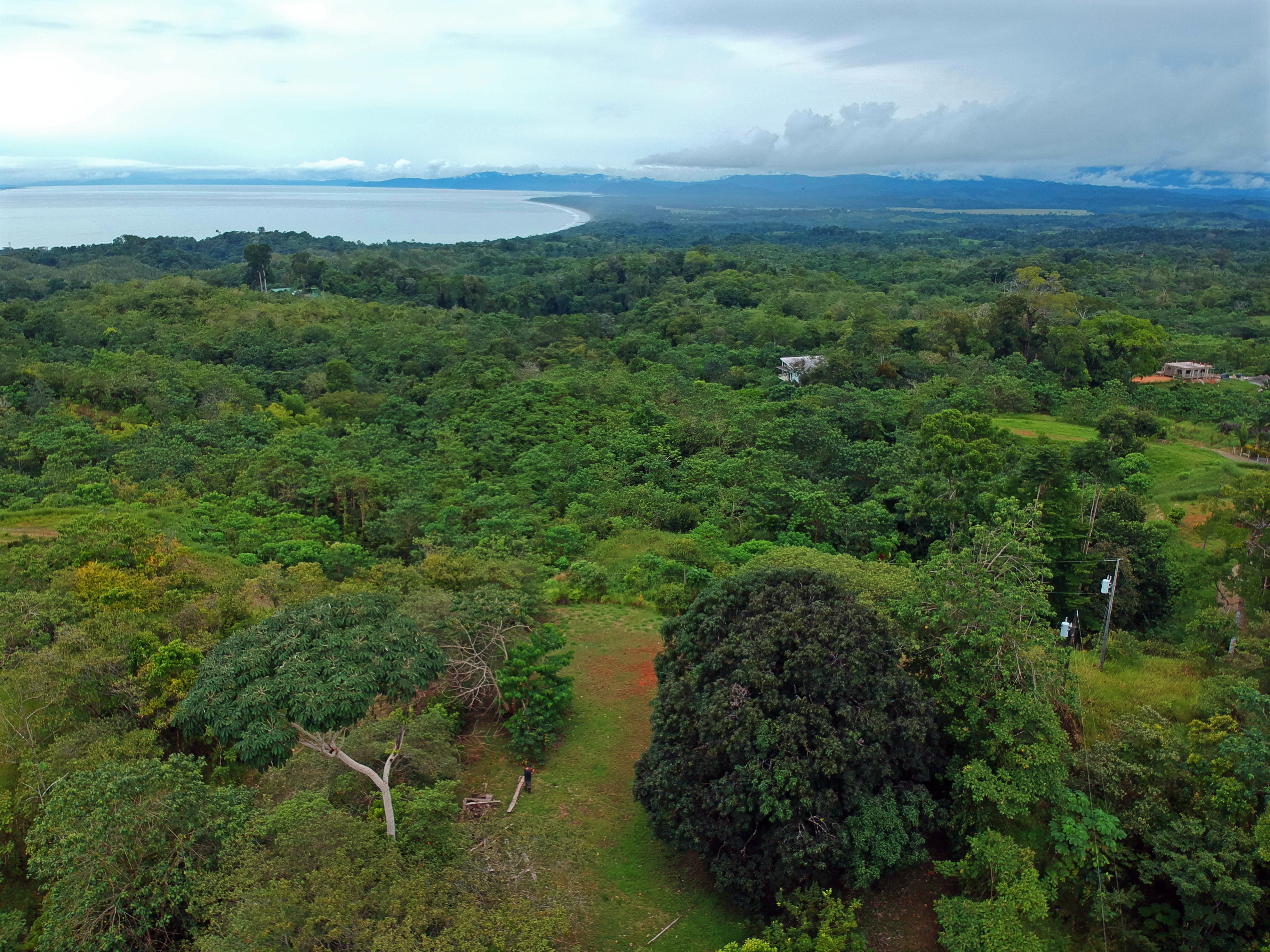
When buying a home in Costa Rica, there are some things you need to look out for. I’m going to go through some of these with you in the event you are buying a home here…and this doesn’t only apply to my area of Pavones, it applies to all of Costa Rica.
Buying beach-front property in Costa Rica, whether in Pavones, Pilon, Zancudo, Punta Banco or some other area of Costa Rica can be a little tricky. Titled property is not a given in Costa Rica. There are many owners that don’t have a title to their property. I myself recently bought a lot that the owner did not have a title or a plano catastro (an official survey), but I knew what I was getting into and decided to buy it anyway. And that is ok as long as you are aware of it. In my case, I bought a parcel of property from a guy that had been squatting on the property for about 40 years. The property was bought by an American a long time ago and he is no longer allowed to enter Costa Rica, so the local Ticos squatted on the property and claimed it as their own some 40 years ago. Just like in the States a squatter can claim your property if you leave them there for a period of time and in Costa Rica that period is 10 years. So I basically bought squatter’s rights. Here in Pavones, Costa Rica there are a lot of properties that don’t have title for that same particular reason. I bought a lot knowing that I may not ever have a title to it but I am still allowed to build on it and use it until the courts resolve the issue. That said the law is clear that after 10 years of possession the property is basically yours after the right legal steps are taken through a qualified attorney.
Another challenge that you may run into is the ZMT or Maritime Zone. The first 50 meters of real estate are for all to enjoy, no one but the government is allowed to own it. No one has a title or a concession to this area (more on concessions in a bit) and no one is allowed to build on it. If you bought something here you will surely lose your money as the government can come in and tear it down whenever they want. The next 150 Meters are the ZMT maritime zone. This doesn’t apply to all coastal areas in Costa Rica as some are designated beach towns like Golfito and Jaco. You can own and build on those areas, however the majority of coastal towns do have a ZMT zone. This zone cannot be owned, it can only receive a concession, which is like a long term lease and usually for 20 years. They can be renewed and usually are, however it’s not a guarantee. Foreigners are not allowed to have concession, however there is a way around this and it requires a corporation. One of the owners of the corporation has to be a Tico and the other can be you (the foreigner). The attorney can set it up where you have controlling rights over the corporation so that only you make decisions and only you are allowed to sell it. Many people erroneously believe that the measurement of the ZMT is from the hightide line, but that is not true. It is actually measured from the middle of the low tide and the high tide lines, which can make a huge differnece since Costa Rica has substantial tides changes
Hiring a contractor in Costa Rica can be a little scary especially knowing that a construction license is not required. Make sure you get plenty of references. The average cost of building in Costa Rica is between $400-$600 per square meter and it can be more if you make your home luxurious. If building in the Pavones, Zancudo, Pilon and Punta Banco areas I would be more than glad to assist. How can I help? Well I have an active construction license in Florida and have been involved in many construction projects throughout the years. The picture you see above is my home being built in Pavones, Costa Rica. I found a great group of contractors to work with and I can seriously vouch for them. I make sure to check-in often on the construction project and taught the local builders a few tricks of my own, since they are not used to building a la Americano. For example, in my area of Pavones not many contractors use CPVC for your hot water…. they use PVC for everything which it’s not healthy for you as the glue comes off when the water is heated and you can end up drinking chemicals along with leaky plumbing. I also taught them to vent the drain pipes through the roof so that the water flows through the drains better.
Another way you can lose your money is by not using a real estate agent that can research a lot of these things ahead of time for you. A quality real estate agent is not hard to find in Costa Rica. All you have to do is look for an agent on one of the two real estate boards. The CRGAR, which I am a member of, and the CCBR which is the other respectable real estate association. We share all of our listings with each other and have an MLS system that is not for profit, it’s to serve our customers better. To qualify to be a real estate agent in Costa Rica you have to be a citizen or a permanent resident allowed to work. You also have to be registered with the government of Costa Rica to prevent money laundering and fraud to be a real estate agent in CR. Only the real estate agents that belong to the CRGAR and the CCBR are held to the highest of standards….. The same standards that are observed by the National Association of Realtors in the States…
So when you come to buy a property in Pavones, use an agent that will actually have a standardized purchase agreement that has been written by an attorney. We also use escrow companies to hold your escrow deposit, as we find the traditional way of giving a 10% deposit to the owner of the property with just a handshake is a little risky. If looking in my area of Pavones, Cuervito, Zancudo, Punta Banco and Pilon, I would be more than glad to help you find your perfect property while making sure you are protected and know what you are getting into.
Eric Chavarria
Real Estate and Construction Consultant.
Keller Williams Costa Rica

